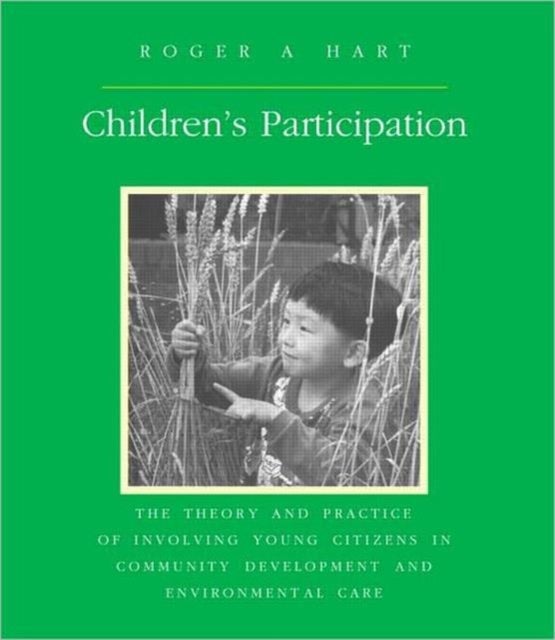
Children's Participation av Roger A. Hart
559,-
People''s relationship to nature is the greatest issue facing the world at the turn of the millennium, and all over the world young people have shown enormous enthusiasm for environmental action. Many countries are radically reassessing both the role of citizens in managing their environment and the rights and responsibilities of children to be involved in shaping their own and their communities'' futures.This book, by one of the world''s leading authorities on environmental education, is written in the conviction that children can play a valuable and lasting role in sustainable development, if their participation is taken seriously and planned with thought for their developing capabilities and unique strengths. Through direct participation, children can develop a genuine appreciation of democracy and a sense of their own competence and responsibility. The planning, design, monitoring and management of the physical environment is an ideal domain for their participation, in part because








